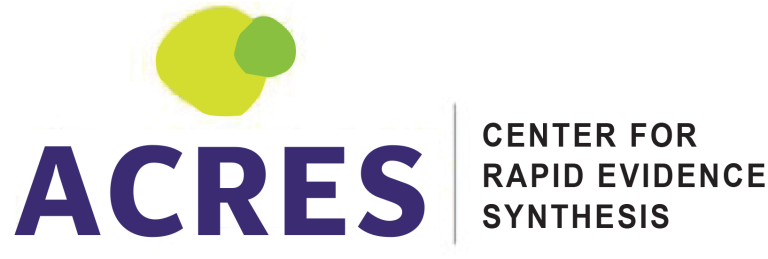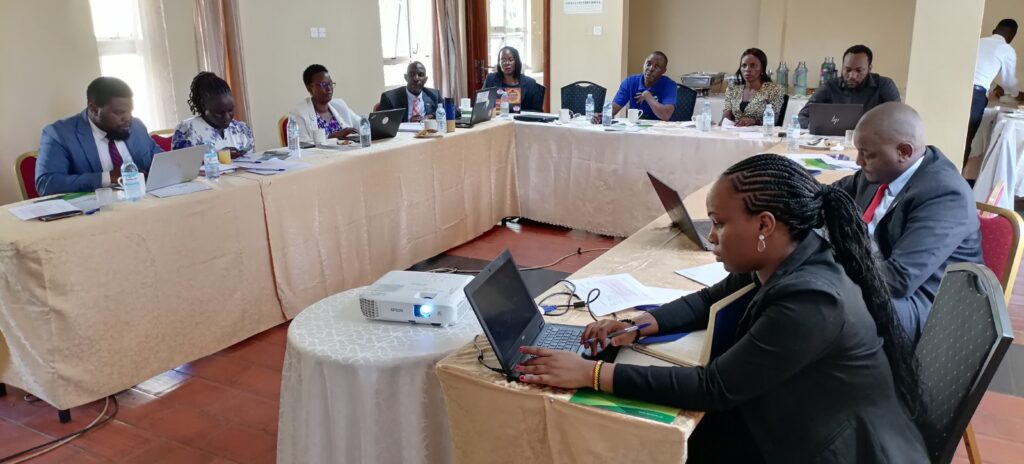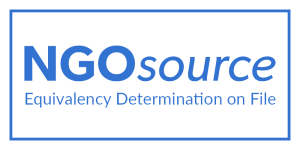ACRES and ERI’s Evidence Gap Map to inform natural resources policy
By Bakari Ssettumba
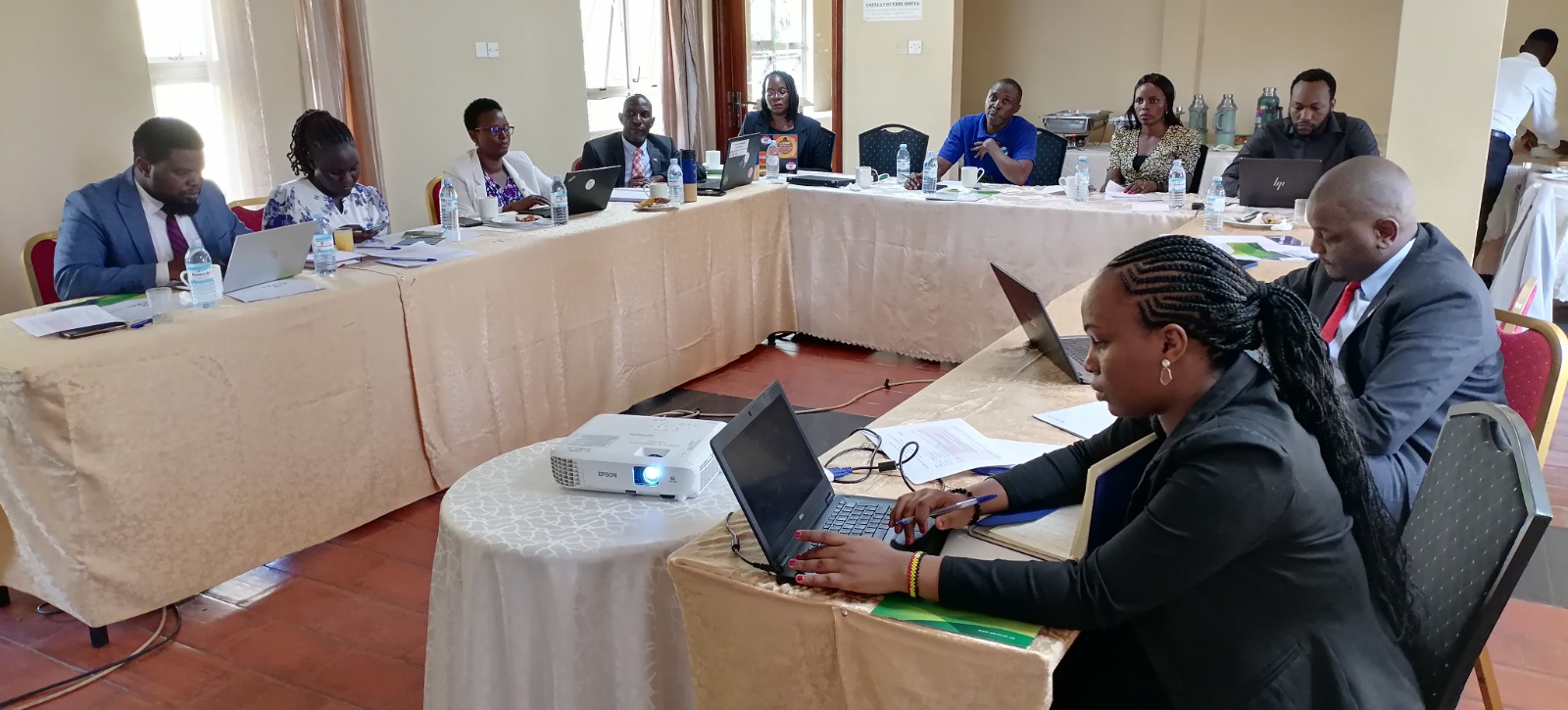
The Center for Rapid Evidence Synthesis (ACRES) and Earth & Rights Initiatives Uganda (ERI) have embarked on an initiative to create an Evidence Gap Map on natural resources degradation in Uganda. This innovative tool aims to inform evidence-driven litigation and advocacy, driving meaningful change in environmental policy and practice.
On July 24, 2024, a diverse advisory group convened in Kampala, comprising representatives from government environmental agencies and civil society organizations. This meeting marked the initiative’s kick-off, refining the research question and ensuring a thorough approach. The agreed-upon research question, “What are the development impacts of natural resources degradation in Low- and Middle-Income Countries (LMICs)?” will guide the evidence gap map’s development.
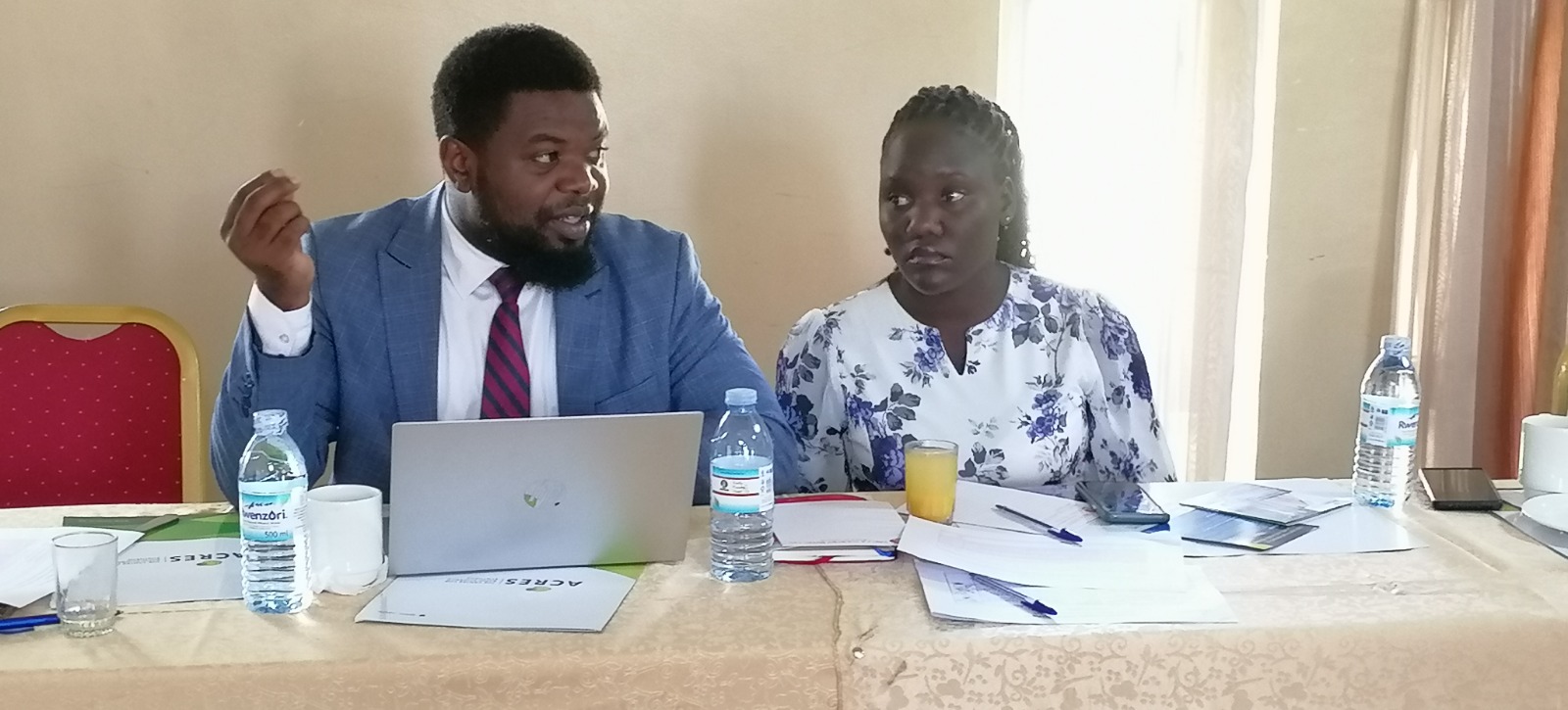
The initiative stems from ERI’s past experiences in public litigation processes, where the team faced challenges in presenting a clear development justification for maintaining forests. This highlighted the need for a comprehensive evidence base on the development impacts of deforestation and swamp reclamation. ACRES, with its focus on evidence synthesis, citizen engagement, and stakeholder interactions, is well-positioned to lead this effort.
The advisory group agreed on a four-month timeline for the evidence gap map’s development, with ACRES at the helm. The meeting also emphasized the need for increased capacity development to enhance evidence-based litigation and advocacy. Relatedly, participants called for the establishment of a consortium to utilize the data generated by the evidence gap map upon its completion.
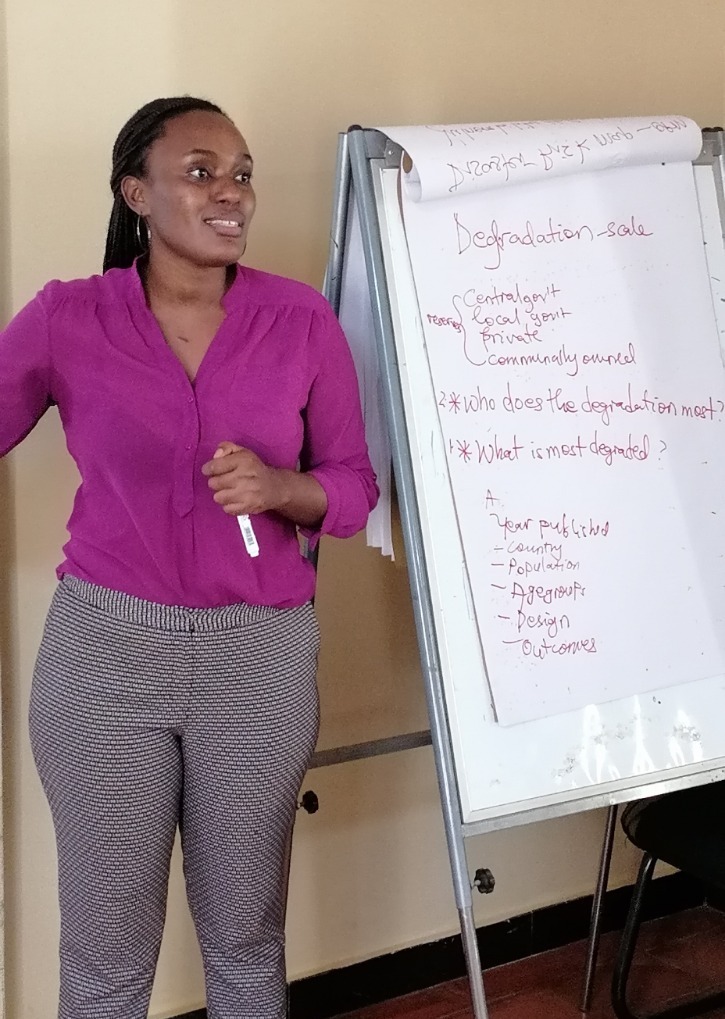
This initiative is part of ACRES’ ongoing efforts to promote evidence-informed decision-making related to SDG 7 (Affordable Clean Energy) and SDG 13 (Climate Action). By harnessing the power of evidence and collaboration, ACRES and ERI aim to drive meaningful change in environmental policy and practice, ultimately contributing to a more sustainable future.
